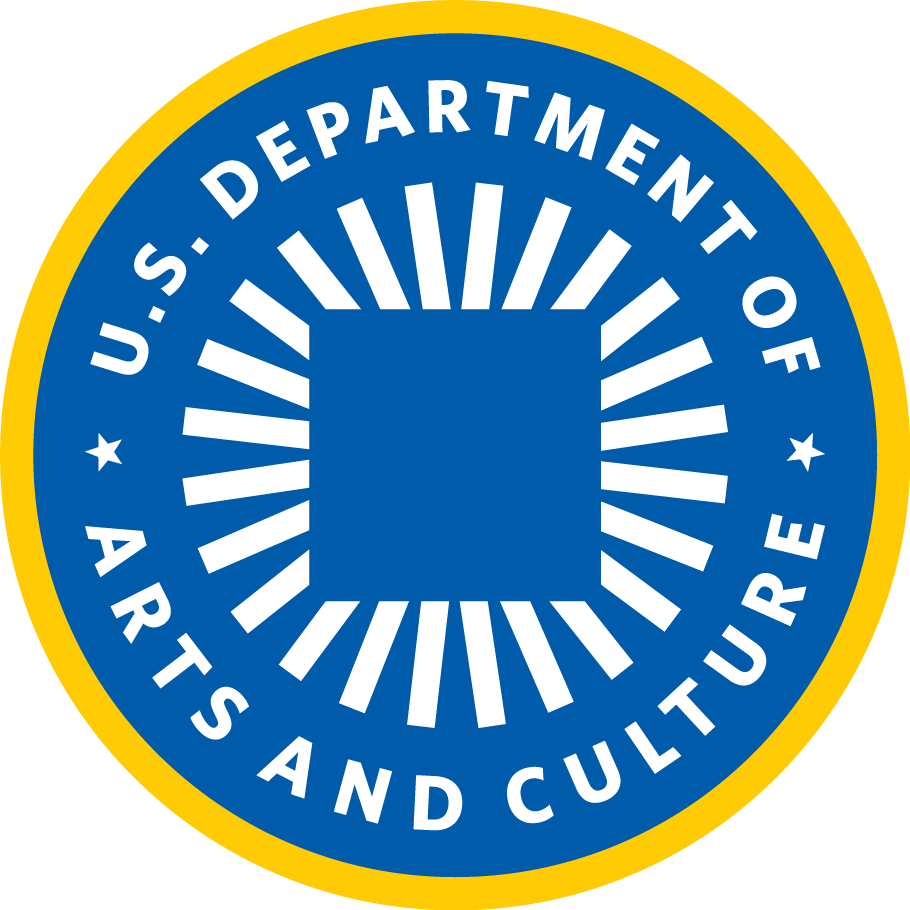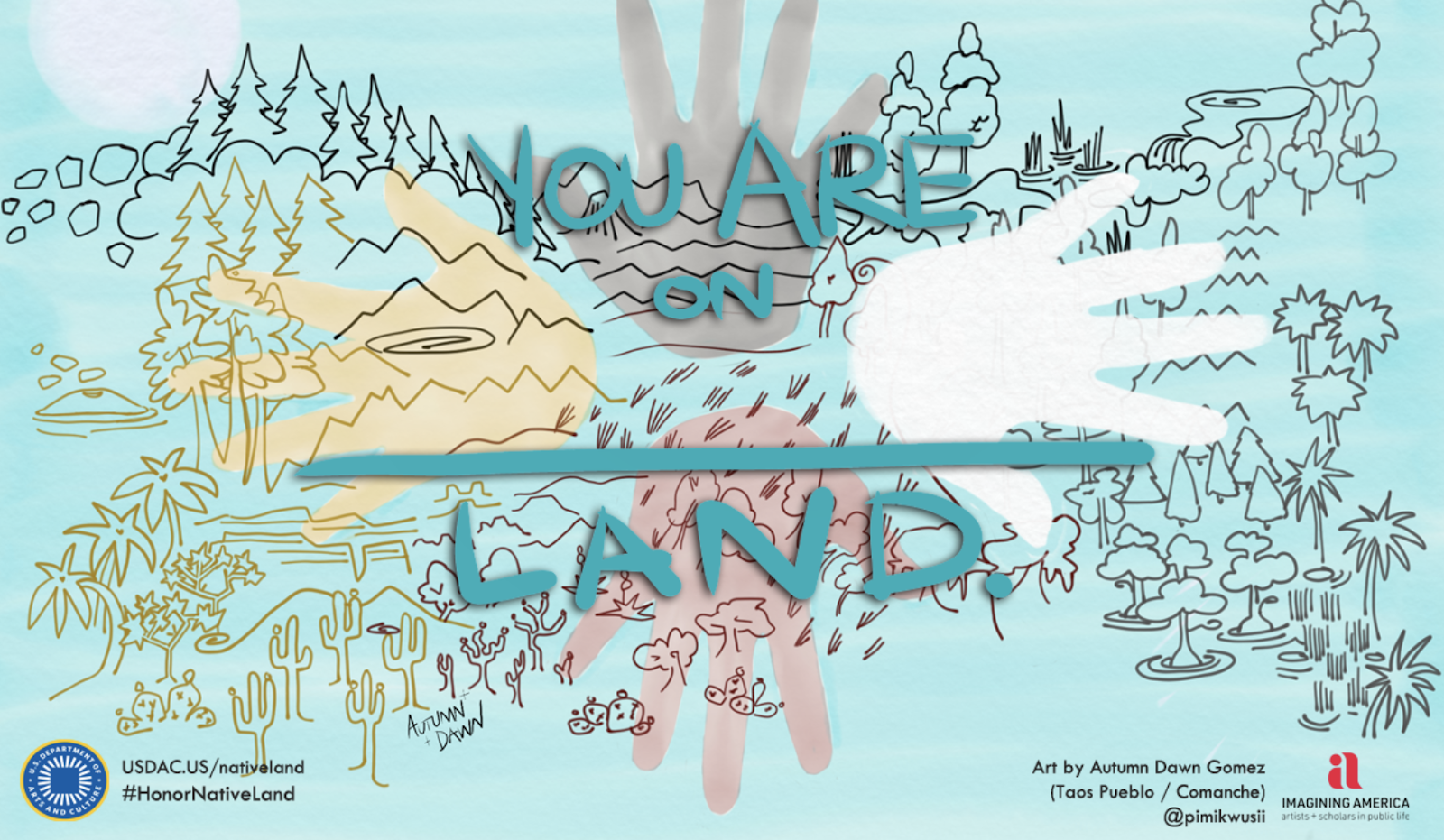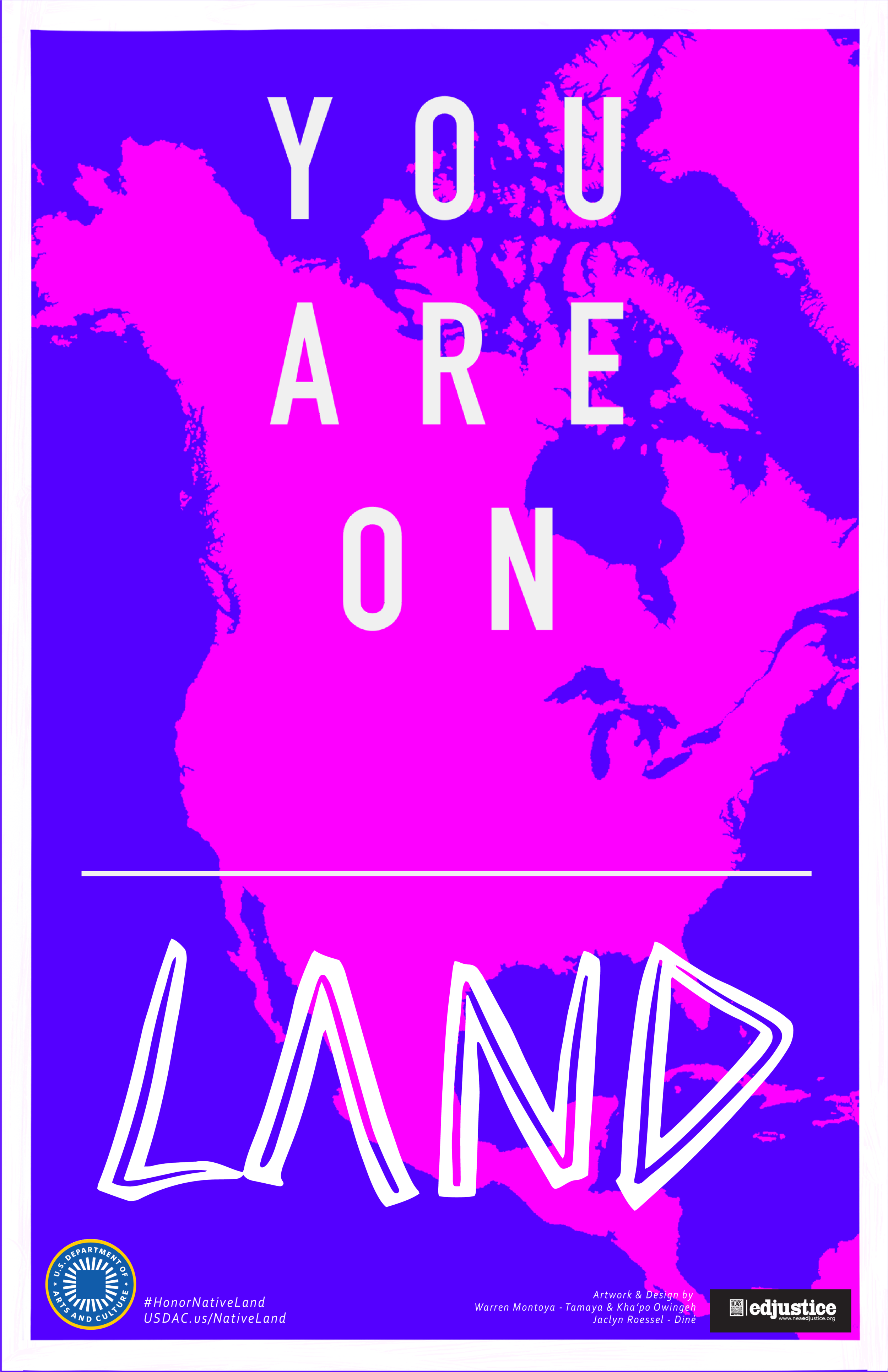What does it mean to “shelter-in-place” for people who have been displaced?
What meaning does a “stay-at-home” order hold for people who have been ripped from their ancestral homes? Here at the USDAC, we believe that culture is a human right, and that belonging is critical to community survival. This Indigenous Peoples’ Day, let us acknowledge the land we’re sheltering on, the air we’re filtering through masks, the water we’re drinking. It’s time to move that acknowledgement into action. Take this moment to join us in committing to not just “reopening” our country, but to reimagining it.
We’ve seen roiling protests for Black Lives and a raging global pandemic that are both reshaping our understanding of grief and connection. Our communities are reckoning with the historical injustice of racism, highlighted by the disparate response to the pandemic, the long-standing need for health equity, fair housing, full employment and so much more. I have been witnessing from my partner’s homelands of the Tamayame, meditating on my people’s sacred stories. Sacred stories ground me. They let me see beyond the profit-motivated decisions to reopen economies, even as our people suffer and die.
On Monday, over 130 cities across this country, 14 states and numerous communities will celebrate Indigenous Peoples’ Day. This important action is a powerful method of truth-telling. By renaming this federal holiday, we amplify Indigenous truth and history.
Imagine a turning point this Indigenous Peoples’ Day.
Imagine after Monday, your workplace, your local museum, your child’s classroom all begin the day by naming and acknowledging the ancestral stewards of the land beneath our feet, the nourishing water and the air we breathe. As communities decide on reopening, we can decide to do things differently. Don’t let your workplace, your school, your church, your library reopen with business as usual. We can reopen in truth.
In my Dine’ community, our origin stories show us how to live in right relationship with this world. Each story shows us how interconnected we are to each other— plants, animals and all the other creatures on this planet. Indigenous communities like mine hold origin stories at the forefront of our covenant with the Earth and the worlds around us. These stories describe how the worlds came to be, how we five-fingered beings came to be.
We can see small cracks of consciousness opening toward what a world honoring and valuing Black and brown lives could really mean. In the origin of this nation, two factors played outsized roles: stolen land and stolen labor. Both Indigenous genocide and Black slavery are the bedrock’s of this nation’s current wealth and prosperity. Calling those histories forth can help us understand our placement in time, and can help us build a new path forward.
We’re calling on you to hold your community institutions, elected officials, workplaces, friends and others accountable to the truth.
Use our guide, or any of the many other useful resources, but start the conversation today. Here are some ways you can start:
Hold a conversation with your school, supervisor, or human resources department about the recognition of Indigenous Peoples’ Day
Write your city council about the need to recognize Indigenous Peoples’ Day, if your hometown still calls it “Columbus Day”
Share the #HonorNativeLand toolkit with your coworkers, family and friends
Encourage your virtual meeting members to start with a Land Acknowledgement (click here for some tips)
Download one of the USDAC’s Land Acknowledgment posters for your office, classroom, business or home
Celebrate Indigenous Peoples’ Day by attending a celebration or event near you. Check out one example: The Greater Cincinnati Native American Coalition is hosting the dynamic Indigenous Peoples’ Day Convergence
Change your Zoom name to acknowledge the ancestral stewards of your landbase
Feeling hesitant? That’s normal. Check out this blog post and let us know what questions you have. We’re always ready to talk at hello@usdac.us
Commit to learning. As Equal Justice Initiative founder and author Bryan Stevenson shared on a recent episode of the Sunstorm podcast, “Learning is an action item.” As we work toward justice, it’s necessary to build our knowledge and make it accessible to others. (Side note: Stevenson shares much wisdom in this episode illustrating the importance of Black Indigenous solidarity, listen & learn.)
Just as my ancestors emerged into this Glittering World millenia ago, we have the beautiful opportunity to establish a world where white supremacy’s reign can—and will— end. We can co-create this reality. It’s within reach. But it demands that we not be silent. It demands that we acknowledge the truths of the past and move to action.



